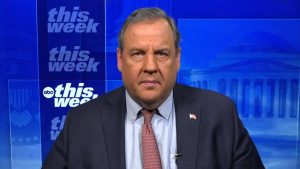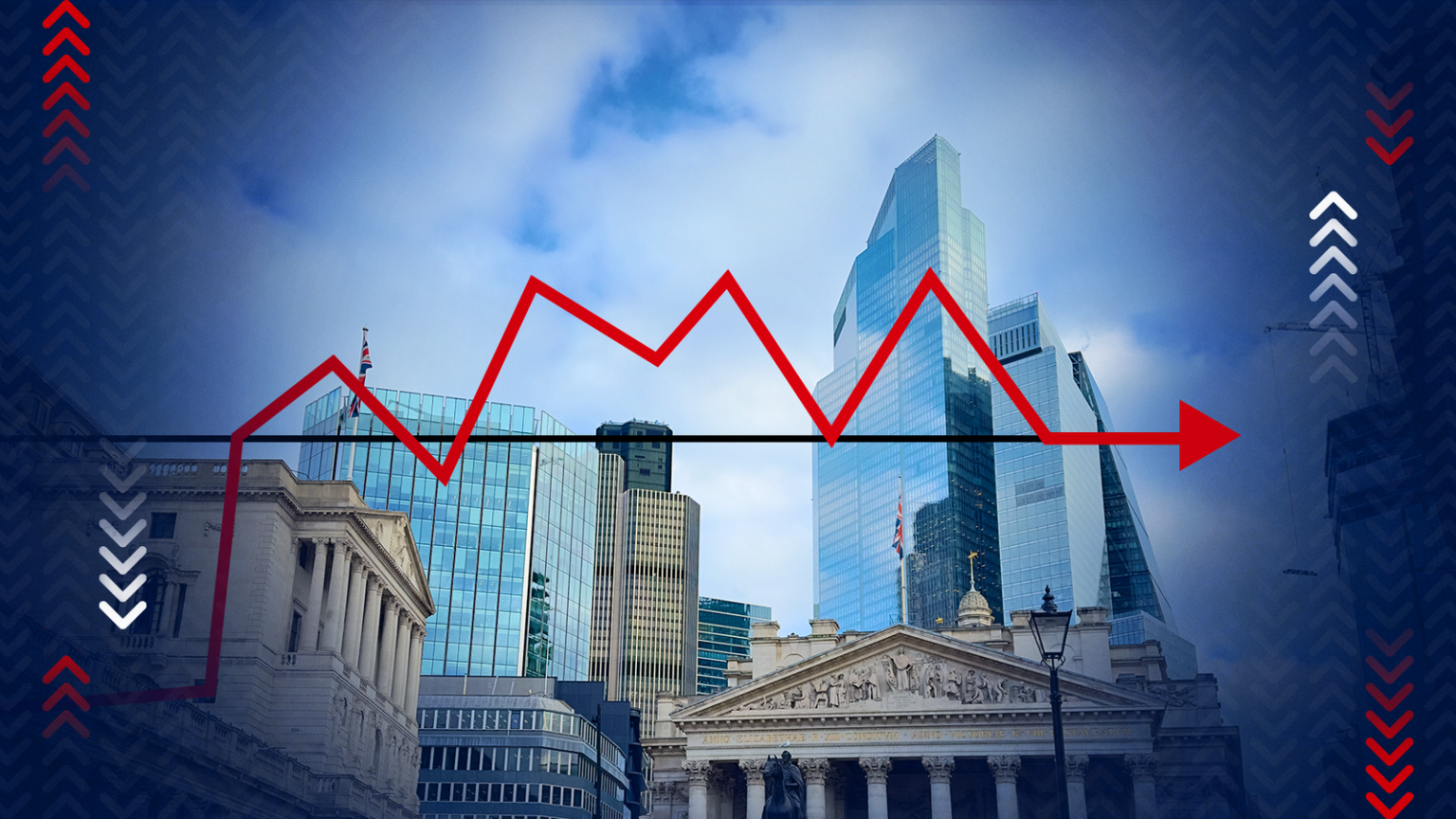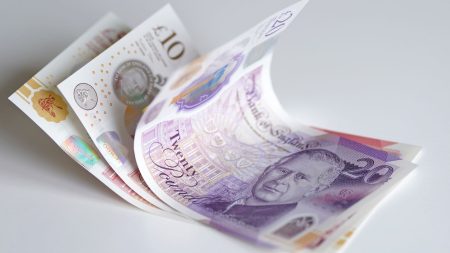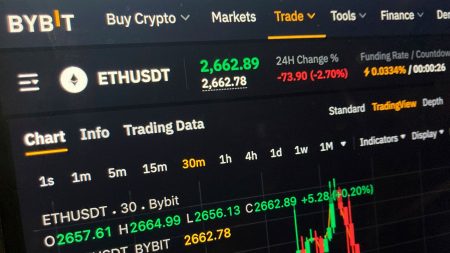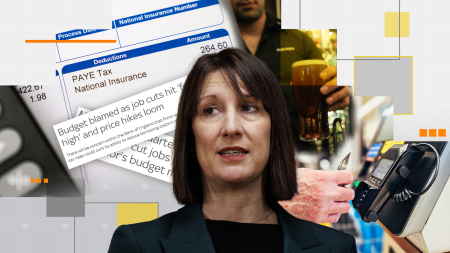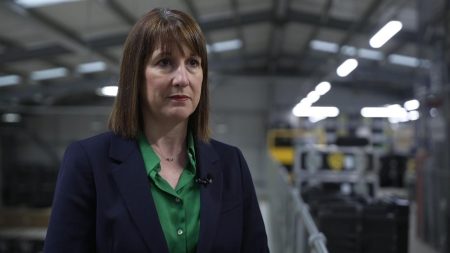The UK Economy: A Fragile Recovery Amidst Ongoing Challenges
The UK economy has shown a glimmer of hope with the latest GDP figures, but the overall picture remains far from rosy. While the 0.1% expansion in economic output may seem negligible, it is a welcome surprise given that economists had predicted a 0.1% contraction. This small uptick, driven by a late surge in growth in December, has provided some much-needed relief for the government. However, it is crucial to keep things in perspective. The UK economy is still struggling to gain momentum, and the challenges it faces are deeply entrenched.
A Mixed Bag: Understanding the Latest Economic Data
The UK’s economic performance remains lackluster by most standards. Gross domestic product (GDP) per head, a more accurate measure of living standards, has been shrinking for two consecutive quarters. This indicates that, on a per-person basis, the economy is not growing but actually contracting. Moreover, the UK’s economic performance pales in comparison to that of the United States, the leading G7 economy. While the recent GDP figures may bring some cheer to Downing Street, they do not alter the broader narrative of an economy stuck in a rut.
Until now, the UK’s economic growth profile since last year’s general election had been dismal, with zero cumulative growth. However, the unexpected December growth spurt has pushed the cumulative growth since the election to 0.4%. While this may seem like a modest achievement, it is a small step in the right direction. Yet, it is important to remember that this growth is largely population-driven. With migration increasing significantly in recent years, the UK’s population has grown, but the overall economic output has not kept pace. As a result, the income available to each household has declined compared to previous years.
Structural Challenges: Why the UK Economy Is Struggling
Beneath the surface of the latest GDP figures, the UK economy faces significant structural challenges. One of the most pressing issues is the rapid contraction of key industrial sectors that once powered the country’s growth. This deindustrialization is not just a UK problem but a trend shared across much of Europe. For instance, Germany, Europe’s economic powerhouse, has seen its economy contract for two consecutive years. This decline in industrial activity highlights a deeper malaise in the UK economy, which is struggling to adapt to a changing global economic landscape.
The situation is further complicated by the fact that the full impact of last October’s budget has yet to be felt. The Office for Budget Responsibility (OBR) is expected to slash its growth forecasts next month, which could lead to further spending cuts in the coming years. This adds another layer of uncertainty to an already precarious economic outlook.
External Pressures: The Role of Global Events
The UK economy is also highly vulnerable to external shocks. One major concern is the possibility of the United States imposing far-reaching tariffs on UK imports. Such a move could deal a significant blow to the UK’s export-dependent industries, further exacerbating the economic slowdown. Additionally, the pressure to increase defense spending, as demanded by the White House, raises questions about how the UK will fund such increases without compromising other critical areas of public expenditure.
Given these factors, it is clear that the UK economy is at the mercy of global events more than ever before. Whether it is trade tensions, geopolitical instability, or shifts in global economic trends, the UK’s economic fortunes are increasingly tied to forces beyond its control. This vulnerability underscores the need for a coherent and sustainable economic strategy to navigate these choppy waters.
Conclusion: A Precarious Road Ahead
In summary, while the latest GDP figures may bring a sense of relief to the government, they do little to address the underlying challenges facing the UK economy. The country is still grappling with shrinking living standards, deindustrialization, and external pressures that threaten to derail any fledgling recovery. The upcoming OBR forecasts and potential spending cuts add further uncertainty to the mix, making it difficult to predict how long the current optimism will last.
For now, the UK economy remains in a state of fragility, with the potential for both relief and crisis in the months ahead. The government must act decisively to address these systemic issues and build a more resilient economy capable of withstanding the shocks of an increasingly unpredictable world. Only then can the UK hope to achieve sustainable growth and improve the living standards of its citizens.

